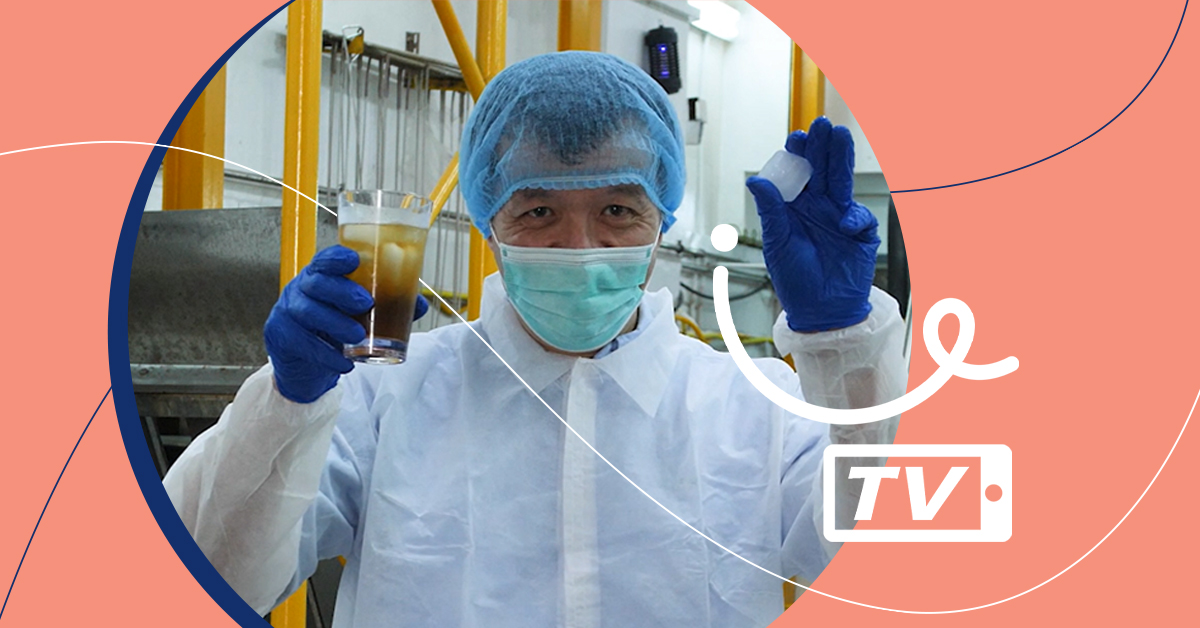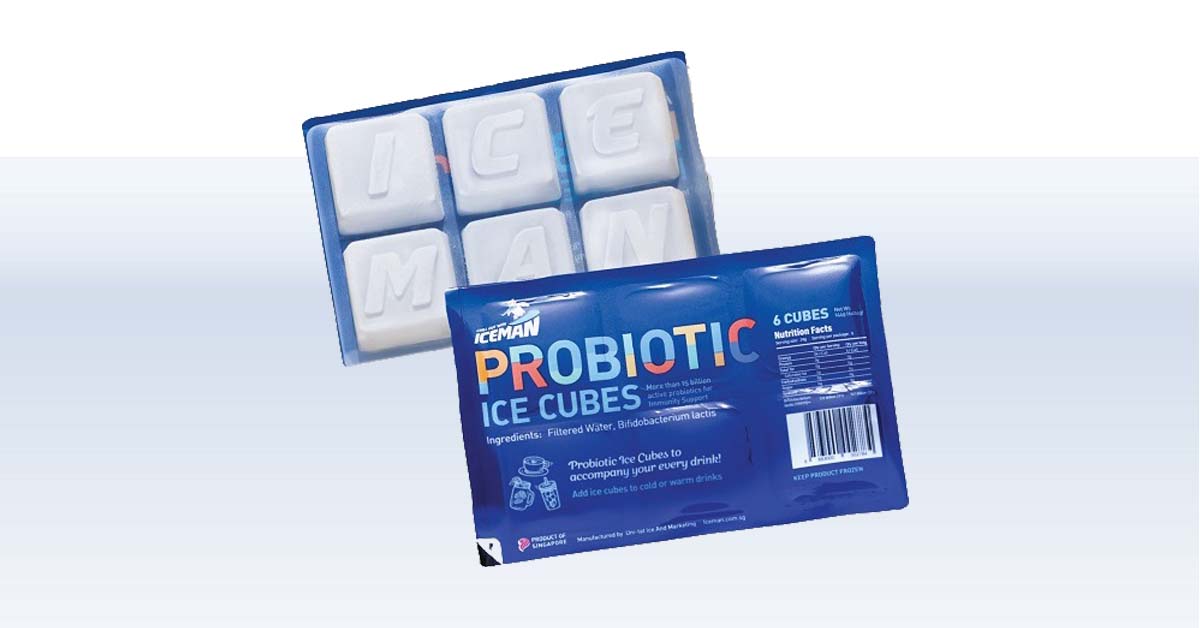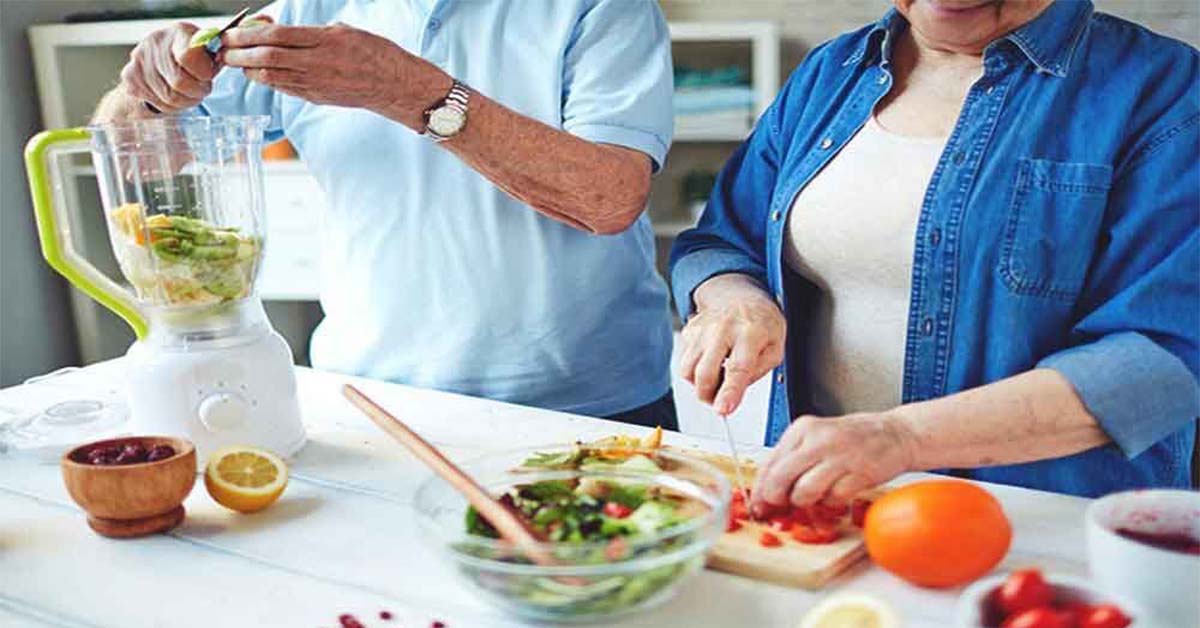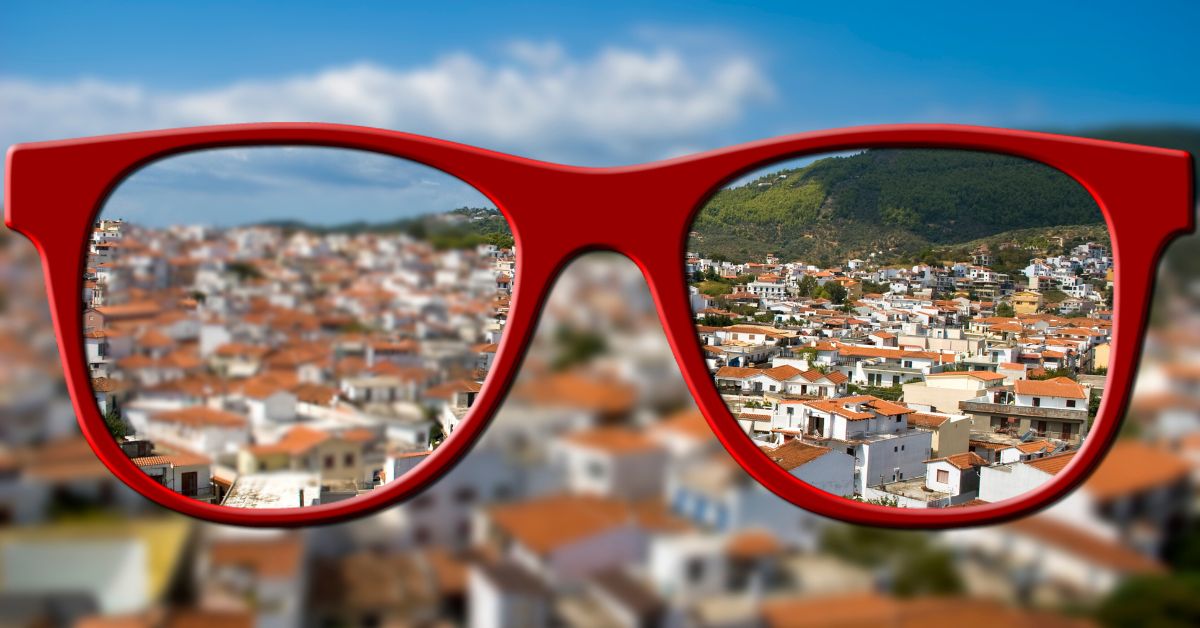
They say “we are what we eat”.
These words have new significance now because, with Covid-19, many of us seniors are leading unhealthful, sedentary lives at home, with temptations lurking in the fridge and cupboards.
As a result, watching what we eat and drink has probably never been more important, not just for our health, but also for feeling and looking good.
Over the years, we’ve been educated on the critical role our intestines play in overall health, but here’s what we need to keep in mind:
- A healthy digestive system helps prevent infection from viruses, bacteria and fungi
- It allows us to get the nutritional benefits from our food
- It communicates with the rest of our body to sustain general health
Advertisement
Put another way, our gut is at the heart of our well-being.
Its condition influences the workings of our essential bodily systems including our cardiovascular and, so relevantly now, our immune system. It also influences our susceptibility to many of the chronic diseases we are at increased risk of as we age — heart disease, high blood pressure, diabetes and even cancer.
And, although it may sound a bit yucky, the state of our gut is also a function of the trillions of microbes in our intestines.
But it’s not so simple – there are bad microbes as well as good microbes. The bad ones can contribute to all kinds of problems (like food poisoning) but, conversely, the good ones — and there are a variety of them — have various and sundry beneficial effects.
So, how do we maintain and improve our gut health and encourage the growth of beneficial microbes?
Of course, we all know that “eating right” is key — more veggies and whole grains, less red meat and salt, etc. etc. — we’ve heard it all before and, anyway, it’s all very googleable.
And, as we know from years of exposure to Yakult advertising, probiotics (or put more correctly, probiotic microbes) play an important role.
Probiotics can come in several forms, including pills, certain foods (especially fermented foods like natto), drinks e.g., kombucha — no wonder the Japanese are so healthy — and, of course, yoghurt.
So, what’s the good news? Now there’s a surprisingly easy and cost-effective way to get our probiotic microbes: the humble ice cube!
Well, maybe not so surprising: when you think about it, what better way to preserve microbes than freezing (or “cold-chain logistics”). And even more remarkably, this new way of delivering probiotic microbes (in ice) is a Singapore innovation.
Yes, we’re the first in the world to have probiotic ice! In fact, probiotic ice was developed through a collaboration between our own Nanyang Technological University (NTU) and Singapore’s leading ice supplier, Iceman.
According to Professor William Chen, Director, NTU Food Science and Technology Programme and the lead scientist behind probiotic ice, “The collaboration between Iceman and NTU has enabled us provide consumers with the generic benefits of probiotic microbes, including improved digestion, enhanced immunity, cholesterol management – even better oral health – but in an easy-to-take form with a long shelf-life. It’s an example of science and commerce working together for the benefit of consumers”.
Mr Andy Goh, General Manager, Iceman, said, “Ice is such a familiar and everyday part of our lives. Through our collaboration with NTU, we have turned it into a convenient, health-giving supplement within reach of all Singaporeans.”
He added that, “we see interest in the benefits of probiotic ice among a wide spectrum of consumers, but it is perhaps of special interest to seniors for whom the multiple benefits of gut health really resonate.”
One of the more persuasive arguments for probiotic ice is that it is made without any additives — no flavours, artificial or otherwise; no sugar; no colourants.
The only ingredients are pure water and probiotics. Not only does that make it even more healthful than other means of getting probiotics, it also allows for versatility: we can use it to concoct a variety of our own flavoured drinks — with the feel-good factor of health benefits as the extra-special ingredient.
It can even be added to coffee and alcoholic drinks! So, feeling a bit guilty about having that whisky and ice? Use probiotic ice instead to ease your conscience — no problem.

And finally: how much? Well, a pack of 12 probiotic ice cubes costs $2.40 – compare that to the cost of other means of getting probiotics and do the maths.
Probiotic Ice is available island-wide at selected FairPrice Finest supermarkets.
For more information, visit https://iceman.com.sg/products/probiotic-ice/







